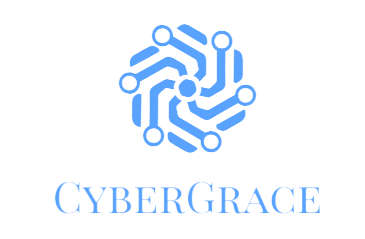PCI compliance is one of those things that you always see on the monthly statement from your merchant account that you pay for, whether your business is actually compliant or not. For some small business owners, this is what PCI compliance will ever be — only a monthly fee they pay, just like auto insurance for instance.
However, it’s immensely crucial to note that implementing PCI compliance standards is among the most effective ways to ensure the security of your customers’ information and avoid costly fees due to violating PCI compliance standards.
But what exactly does PCI compliance mean? A well-known managed service provider in New Jersey tells us.
Defining PCI Compliance
In general, PCI or payment card industry compliance refers to data security measures used for safeguarding credit card information. Essentially, this means that you need to comply with PCI compliance standards to keep your customers’ sensitive information protected if you opt to store their information.
While there are certain measures of PCI compliance that are within your control like not writing down credit card details on paper due to paper trails, but there are also some aspects that are out of your reach. For example, utilizing a program for credit card processing that allows unsecured storage of credit card info on your server.
Disastrous Consequences
 The National Cyber Security Alliance or NCSA found that in the event that hackers managed to breach the data of a small business, the business is 60% more likely to close down in the next six to eight months. Hackers these use more advanced tools, and strategies than before and they know that most small businesses are not protected enough, so they’re easy targets.
The National Cyber Security Alliance or NCSA found that in the event that hackers managed to breach the data of a small business, the business is 60% more likely to close down in the next six to eight months. Hackers these use more advanced tools, and strategies than before and they know that most small businesses are not protected enough, so they’re easy targets.
Protect Your Small Business
Regardless of the potential data breaches that hackers can wreak on small businesses, it’s fairly easy to fix a crumpled piece of paper and read credit card information that’s on it. And while this might not be considered a data breach for most people, your business could be held responsible for potential consequences if you’re found guilty of the irresponsible practice of writing down customers’ credit card details and not properly disposing of the written record.
In addition, check out what specific solution your business uses for processing credit cards. In the event that you find that it doesn’t adhere to PCI compliance standards, then it’s time that you check out other PCI compliant solutions for credit card processing.
For example, cloud-based solutions remove all customer information stored on your own server. This means that, encrypted or not, you will never be held responsible for a data breach that involves theft of credit card details.
So make sure that your business is always in compliance with PCI standards to avoid potential issues later on and take comfort in the fact that all your customers’ credit card details is as safe as can be. As the owner of a small business, you have many other things to tend to than closing your business due to a data breach that you could have otherwise prevented.

